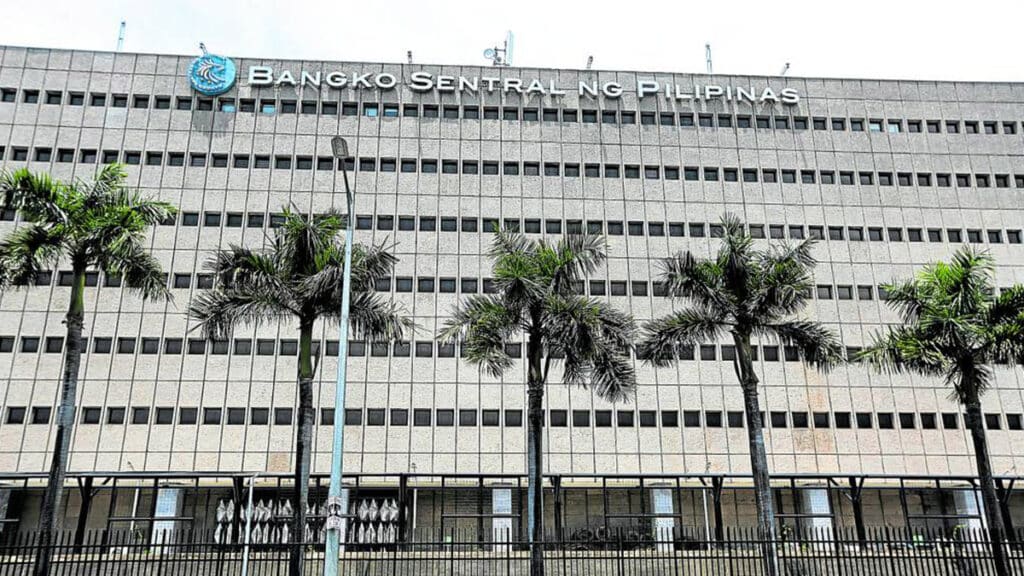BSP, German banknote printer to develop counterfeit-proof peso bills

INQUIRER FILE PHOTO
The Bangko Sentral ng Pilipinas (BSP) and Bundesdruckerei GmbH, a German federal technology company, agreed to collaborate on currency management and production in the Philippines, as the regulator aims to keep local banknotes counterfeit-proof even as the country is shifting to digital payments.
Under the memorandum of understanding (MoU) it signed with the BSP last Oct. 10, Bundesdruckerei will help the Philippines produce secure, durable and sustainable banknotes. This, while also assisting the country in improving its digital payments infrastructure.
Headquartered in Berlin, Bundesdruckerei boasts of over 250 years of experience in printing banknotes on behalf of governments and central banks worldwide, including the euro currency since 2000.
READ: BSP highlights limited edition P100,000 bill on Heroes’ Day
The MoU is effective for five years. During that period, the BSP and Bundesdruckerei will work on research and development on digital payments and substrate, a special material used to produce banknotes. To do that, the two agreed on technology and staff exchange, as well as information-sharing on legal aspects relevant to payments and currency management.
“The BSP is proud to partner with Bundesdruckerei, a leader in providing modern currencies to the world, at a time when banknotes should be more secure, more durable, and even more sustainable,” Governor Eli Remolona Jr. said.
While paper banknotes are still widely used today in the country, the BSP In April 2022 began circulating the 1000-Piso polymer banknote, which was produced using plastic materials.
READ: Over P1 billion in idle coins now back in circulation
The shift to plastic-based raw materials was part of the BSP’s attempt to introduce more durable banknotes in response to the rapid deterioration of abaca-based peso bills, especially smaller denominations often used in wet markets. The polymer bills, the central bank said, can last at least two to five times longer than paper banknotes, offsetting high production cost.
As it is, central banks around the world change the designs and materials of their banknotes every 10 years, on average, to prevent counterfeiting.
Postpandemic
Remolona said the BSP decided to partner with Bundesdruckerei because the central bank still recognizes “the need for banknotes for a long time to come” despite the ongoing shift to electronic payments, which was hastened by the pandemic.
Latest data from the BSP showed the share of digital payments to total retail payment transactions in the country has grown to 52.8 percent in 2023, from 42.1 percent in 2022. That means out of the 5 billion total monthly transactions recorded last year, more than 2.6 billion of them have been successfully converted to digital form.
It is a feat that has exceeded the expectations of the central bank, which had hoped to digitalize 50 percent of retail payments in the country by 2023. This, in turn, bodes well for the BSP’s goal to onboard 70 percent of adult Filipinos to the formal financial system by 2023.
”The MoU highlighted the importance of cooperation in payments and currency management to enhance and strengthen the roles of government entities in the post-pandemic economic recovery,” Remolona said.
